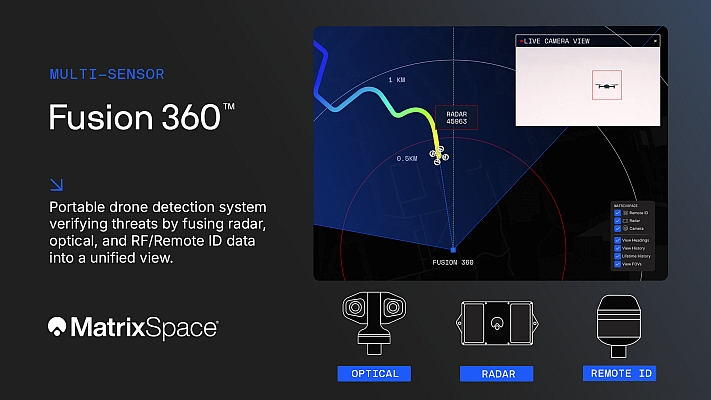The last in a series of eight modernized Global Positioning System Block IIR satellites built by Lockheed Martin for the U.S. Air Force is set to launch aboard a Delta II rocket on Aug. 17 from Cape Canaveral Air Force Station, Fla.
The spacecraft, designated GPS IIR-21, completes the IIR and IIR-M series of satellites the company designed and built for the Global Positioning Systems Wing, Space and Missile Systems Center, Los Angeles Air Force Base, Calif. Modernized spacecraft deliver increased signal power to receivers on the ground, two new military signals to improve accuracy, enhanced encryption and anti-jamming capabilities for the military, and a second civil signal that will provide users with an open access signal on a different frequency.
Lockheed Martin Space Systems, Newtown, Pa., and its navigation and payload provider ITT of Clifton, N.J. designed and built 21 IIR satellites and subsequently modernized eight of those spacecraft.
GPS provides essential services including situational awareness and precision weapon guidance for the military. It is also an information resource supporting a wide range of civil, scientific and commercial functions – from air traffic control to the Internet – with precision location and timing information.
Air Force Space Command’s 2nd Space Operations Squadron, based at Schriever Air Force Base, Colo., manages and operates the GPS constellation for both civil and military users.
Building upon a legacy of providing progressively advanced GPS spacecraft, Lockheed Martin along with ITT Corporation and General Dynamics are developing the next generation of global positioning satellites, designated GPS III. This program will improve position, navigation and timing services for the warfighter and civil users worldwide.






